Company is Hiring 1K freelancers; Comic Book Industry’s Dirty Secrets; NYT Editor Writes Scathing Resignation Letter … In the News – 07/16/2020
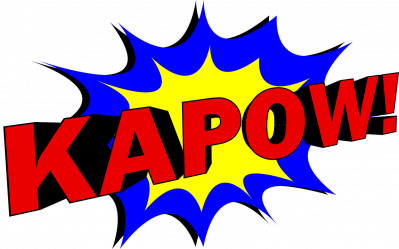
Malaysia Punishing Journalists; Liberty University sues NY Times for $10

Malaysia Punishing Journalists; Liberty University sues NY Times for $10
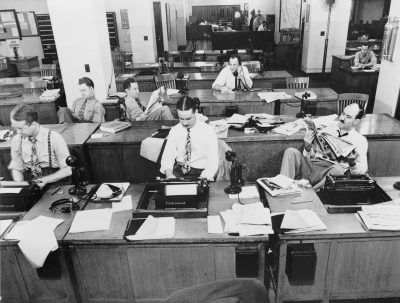
MORE: Counterfeit Products on Amazon; Historian Dropped by Publisher over Slavery Comments; Organized Group Stealing Epoch Times … and Much More!!

MORE: COVID Defamation Suits??; Amazon vs Google

Anti-terrorism software used on journalist; Man in court for calling someone a “leprechaun” in an email; Amazon censors free speech documentary; News site to stop publishing mugshots; Turkey claims contraditions in Bolton’s book; Writing students helping local businesses!; Twitter dismissed from libel suit.
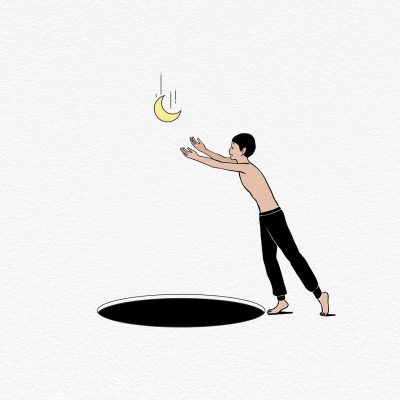
I can’t think of a more creative way to entrap someone for copyright infringement. Well, yes I can but I’m not going to give any mean people reading this any ideas…

WritersWeekly has obtained a copy of an email sent out by Dog Ear Publishing dated May 21, 2020…
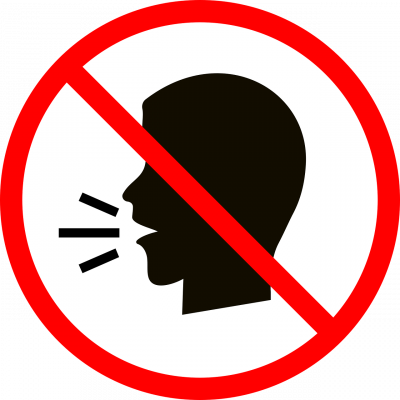
Blackwater Founder Sues Media Outlet; Puerto Rico Suppressing Free Speech; First Amendment Peril In Texas – And MORE – In The News – 05/21/20

If you want to go bankrupt from legal fees then, by all means, write about celebrities, and try to profit from their names.
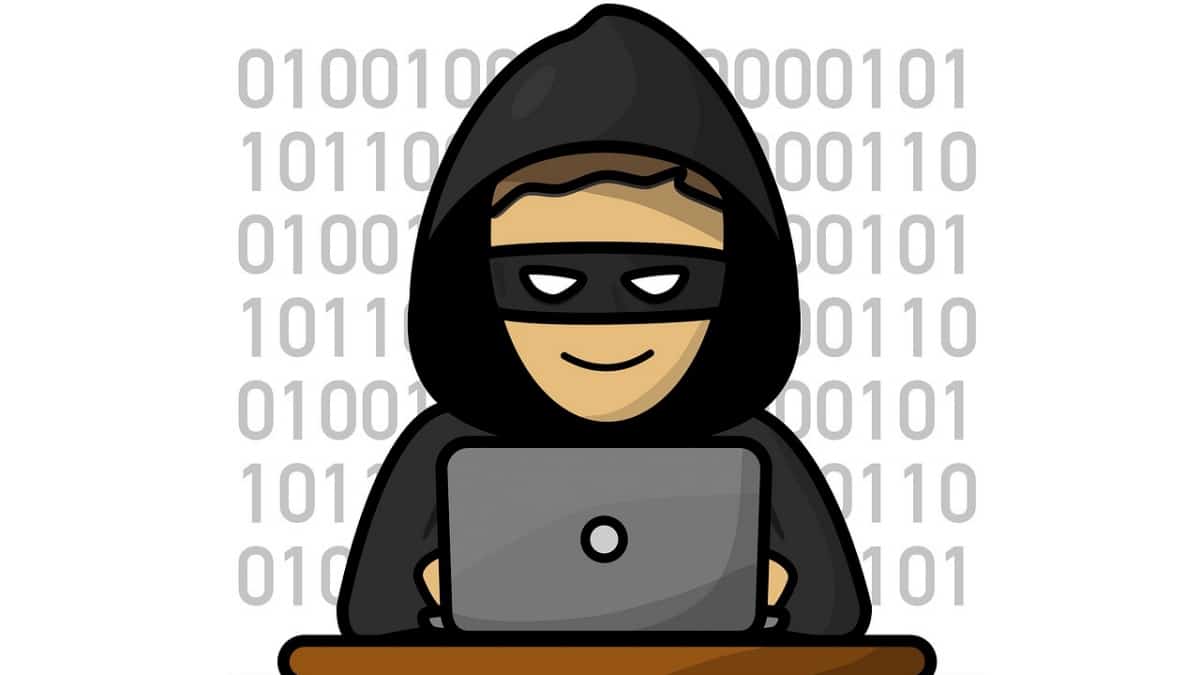
Never, EVER trust a stranger you meet online.

African Authors Struggling; “Altered Images” in Research Papers; Social Media Wearing Away the 1st Amendment; Simon and Schuster CEO dies.